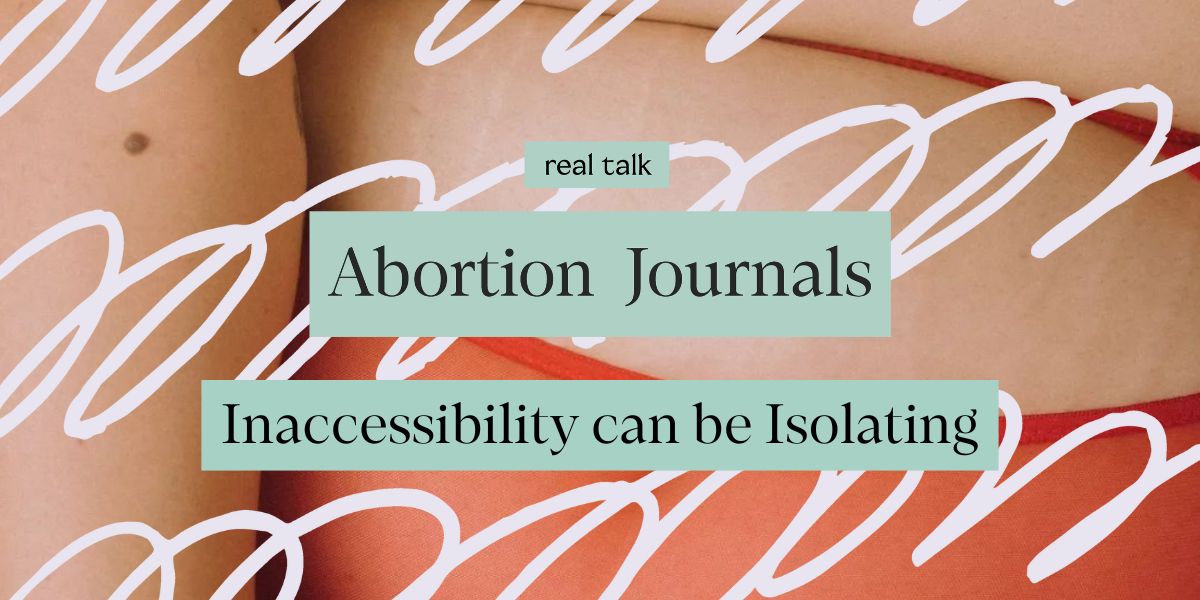How to relieve burnout

Life these days can be stressful. Between the state of the world and the emphasis by companies on a workplace culture that values productivity over clear boundaries, it can be easy to find yourself feeling like it’s all too much, all at once. Sometimes you can find yourself thinking, wouldn't it just be easier to disengage? While some feelings around this are normal, these can also be early warning signs of burnout.
Burnout is a buzzword you may have started hearing more and more, but let’s break down what it actually means. Burnout is more than just job stress. It is typically the result of chronic emotional and interpersonal stressors on the job. The Maslach Burnout Inventory is a useful tool for assessing your level of burnout, and according to Maslach’s research some of the symptoms of burnout can be:
- Emotional exhaustion: feeling overly tired or fatigued at work
- Depersonalization: developing callous or uncaring feelings, even hostility, towards others (can apply to clients or colleagues)
- Reduced sense of personal accomplishment: feeling that you are not accomplishing anything worthwhile at work, regardless of if you are.
Before you get to the point of emotional exhaustion or depersonalization, there are factors that play a contributing role to stress levels and tendency towards burnout. Ask yourself if any of these apply to your current role, and whether there is room for positive change.
- Lack of control; You are unable to influence decisions that affect your job (not having a say in your schedule, assignments, or workload, for example).
- Unclear job expectations; You aren’t sure the authority you have, or what your supervisor or others expect from you.
- Dysfunctional workplace dynamics; Interpersonal conflict with colleagues or supervisors, that is not addressed by management.
- Extremes of activity; whether the job is monotonous or chaotic, the energy needed to remain focused may be hard to sustain for long periods of time.
- Lack of balance between work and life; your work takes up so much of your time and effort, that you don’t have the energy to spend time with your family and friends.
All of the above factors (and more) can contribute to feelings of burnout that will affect not only your energy levels and capacity to engage with your job, but can also affect your personal life and overall mental health. Once you have reached the stage where you are not just stressed, but completely burnt out, it may take some time to return to normal and get yourself back on track. A few ways you can try to recover from burnout (or prevent future instances of burnout), can include:
Shop the article
Taking a break: use those vacation days you’ve been given! Even if your company or organization does not have generous days off, those days you do have off, use to the fullest. Fully disengage from work, turning off your emails and notifications. This can help restore some of the balance you may have lost due to a demanding workload or a busy schedule.
Seek out support: Speak to your coworkers about what they’ve been experiencing- you might be surprised to find out that they’ve been overwhelmed too, when you thought it was just you. Further developing a sense of community inside the office and out can act as a protective factor for when things are hard. Knowing that you can call someone and ask for help can make all the difference.
Set clear boundaries: Say ‘no’ when you can. Clarify to colleagues or clients when you are available, and make clear that you will not respond after work hours. If this feels too big, start small. Ask to leave on time tomorrow, or turn off your work computer or phone entirely after the work day is done, for 1 day a week, and then see if you can implement this for other days. It may feel like you don’t have an option to say ‘no’ sometimes, but there is always some flexibility to be found. Restoring your sense of agency around your schedule or workload can do wonders for your overall health.
Focus on the basics: In times of extreme stress, it can feel like all we can do is work to get things done and respond to crises. However you are still a person with needs- regardless of crises or new customers, clients, or projects. Ask yourself: Am I eating enough? Is this the amount of sleep I need in order to function well? Am I moving my body enough? (Movement, while it may take you away from work, will help you focus better in the long run).
Self-care and de-stress approaches are not one size fits all. The above suggestions may work for you, or they may not- the important thing is that you find what does work, and try to incorporate it into your life. You are so much more than your your job or your productivity, and it’s important you keep yourself healthy and well above all else.
Keep Reading

Do men have a biological clock?
Apr 18 • 3 minutes

What can I do to balance my hormones?
Feb 19

Your college sexual health guide
Sep 29











